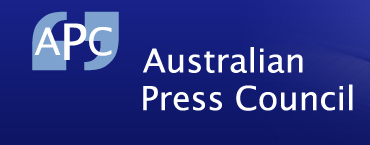Press Council rules The Australian breached woman’s privacy in Jamie Briggs story
The Australian Press Council has ruled that The Australian did not do enough to protect the identity of a woman at the centre of allegations surrounding the conduct of former Liberal MP Jamie Briggs, warning publishers needed to take more care to protect people’s privacy in the era of powerful search engines.
 In an adjudication published by the News Corp national newspaper on Saturday, the Press Council ruled that while the reports surrounding the conduct of Briggs (then the minister for cities and the built environment) while on an official overseas trip to Hong Kong were in the public interest, the paper did not do enough to protect the identity of the woman.
In an adjudication published by the News Corp national newspaper on Saturday, the Press Council ruled that while the reports surrounding the conduct of Briggs (then the minister for cities and the built environment) while on an official overseas trip to Hong Kong were in the public interest, the paper did not do enough to protect the identity of the woman.
Briggs later resigned from the ministry as a result of his conduct.
In the ruling the council noted that while a photo of the woman with Briggs had her face pixelated and her name was not published, “the article did go on to detail her exact age, specific position in DFAT, academic qualifications, that she was on her first posting overseas and the other meetings she attended in her official capacity on the day in question”.


Hi, he didn’t resign from Parliament. He resigned from the ministry. Cheers.